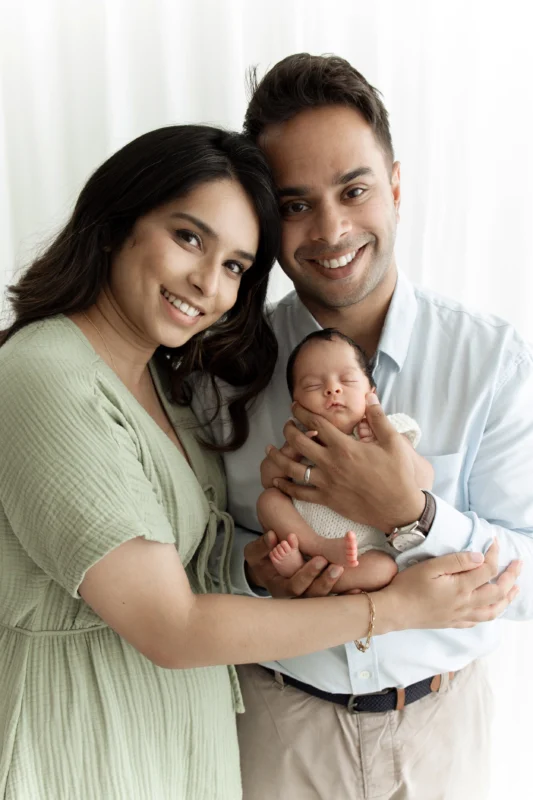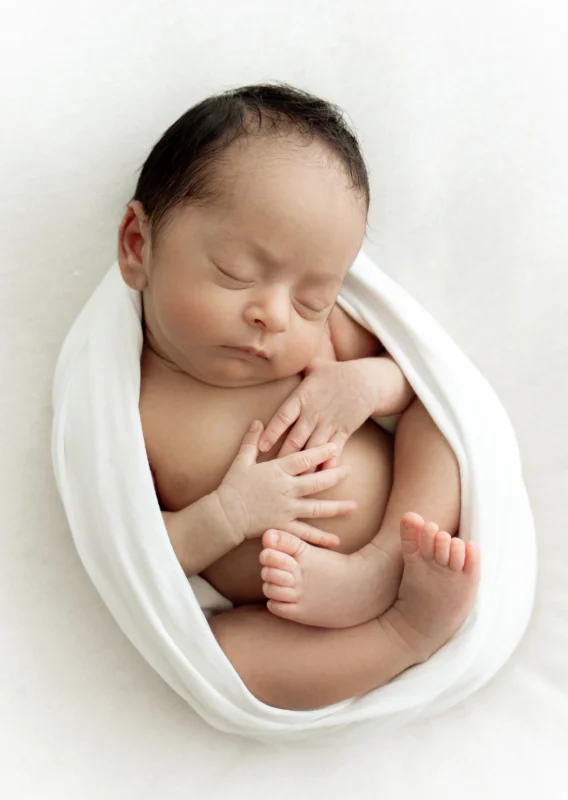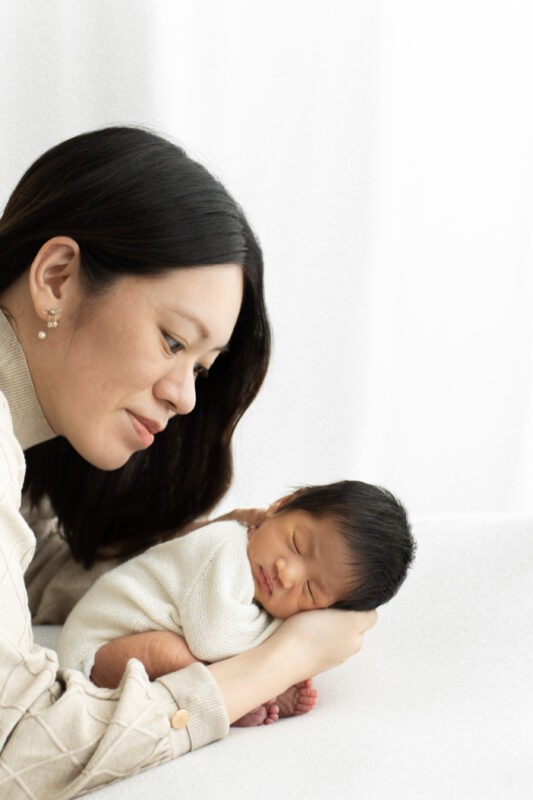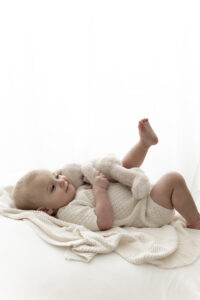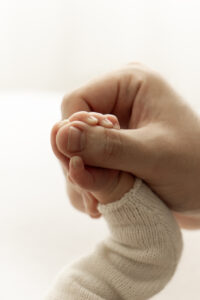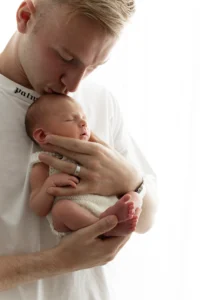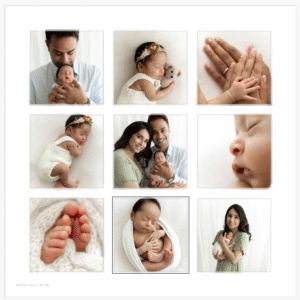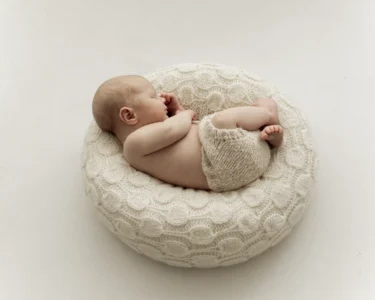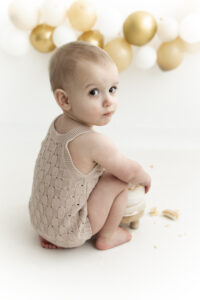
Are you feeling overwhelmed by the prospect of navigating life after giving birth? If so, you’re not alone! Today I’ve got the inside scoop on a fantastic service that can make a world of difference in your postpartum journey: doulas! These incredible professionals are here to support, educate, and nurture you during those crucial first weeks with your newborn. I, a Wimbledon newborn and maternity photographer, interviewed SW Doula, Sarah Vine, who is sharing all about the experience and her tips for a smooth transition to life with a new baby!
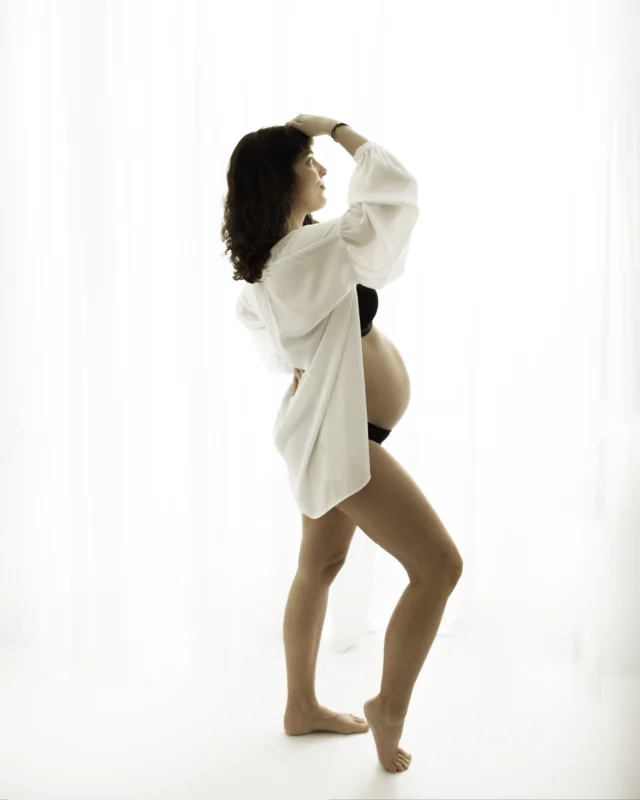

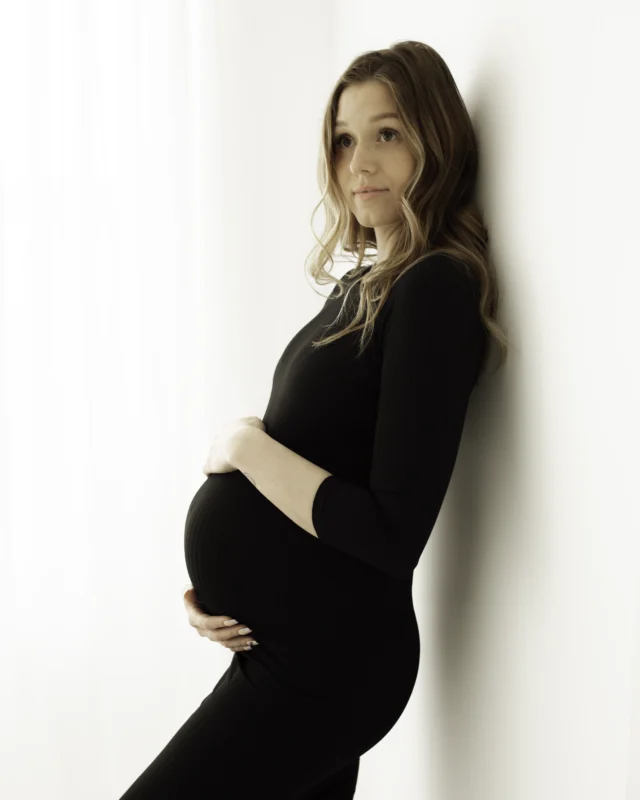
- What is a Doula?
A birth doula is a trained professional who provides information, emotional and educational support to expectant parents before and during the birth. They would meet with you during your pregnancy to offer this support. I help families to understand options and make informed choices, teach breathing techniques, comfort measures and ways that partners can support you. Gaining knowledge about the birth processes helps parents to feel empowered to understand what is happening, to relax and allow their body to birth. This is where I come in!
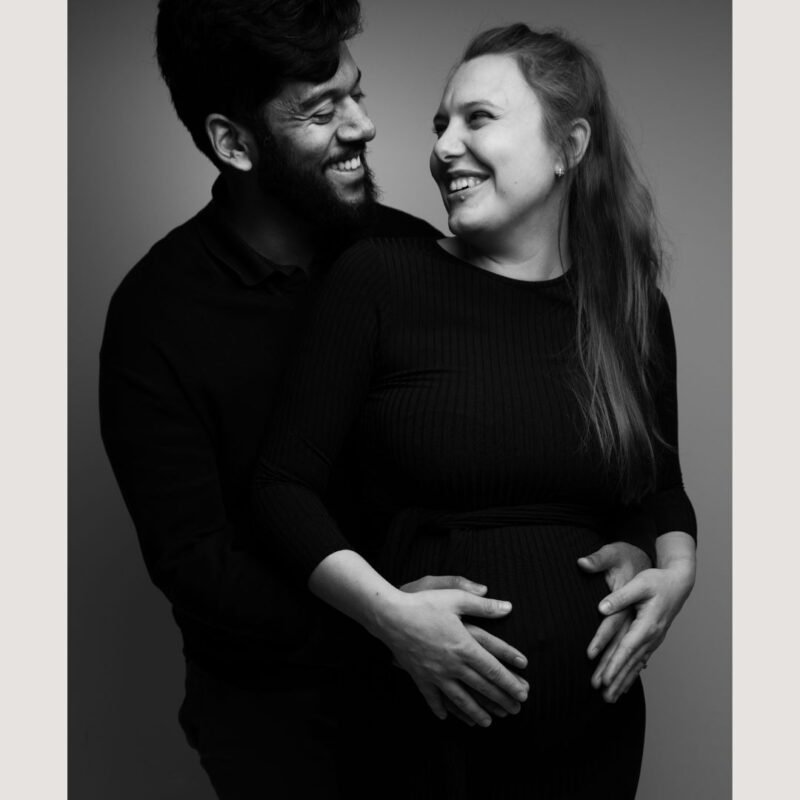
2. What inspired you to become a doula?
I love talking about doula work! Because it’s actually talking about mothers, and teaching them to listen to their intuition, and to step into their own power as the most important person in their newborn’s life. The entire transition is alien to a person before they become parents; it feels like a foreign language to most people! We don’t grow up as commonly anymore in tight family circles with multiple generations in one home, so often people come to me saying they haven’t ever held a baby before, and don’t know at all what to do.
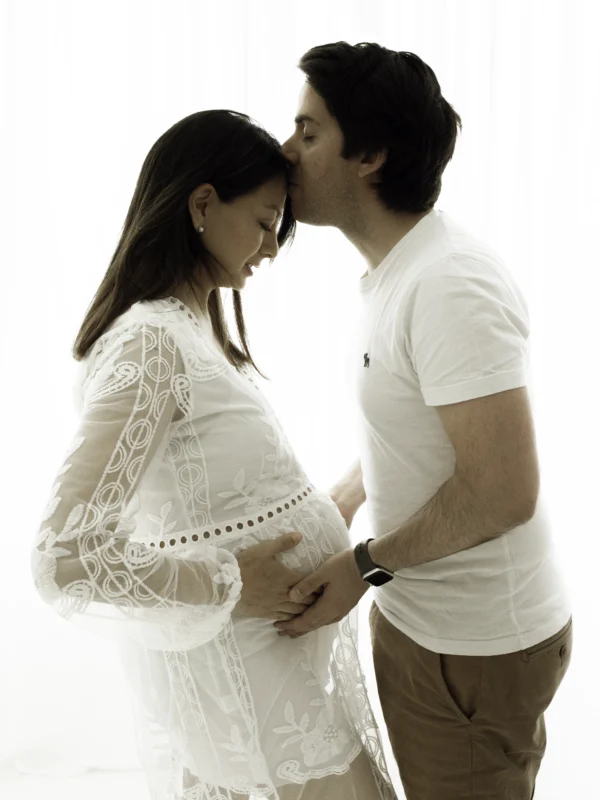
3. What kind of training and certifications do you have as a postpartum doula?
I trained with British Doulas in 2005, and while some things have changed in the NHS in that time, and there has been some improvement in the approach to birth, it seems to me that the biggest problem is that a lot of messaging out there is super fear-based! “Labour is the most painful experience a human can have.” “Why would you suffer? Epidurals keep things civilised!” “Breastfeeding is so hard, your nipples will bleed, and most people fail at it.” “If you co-sleep with your baby, they will die.” No wonder I have so very many mums coming to me, scared to give birth.
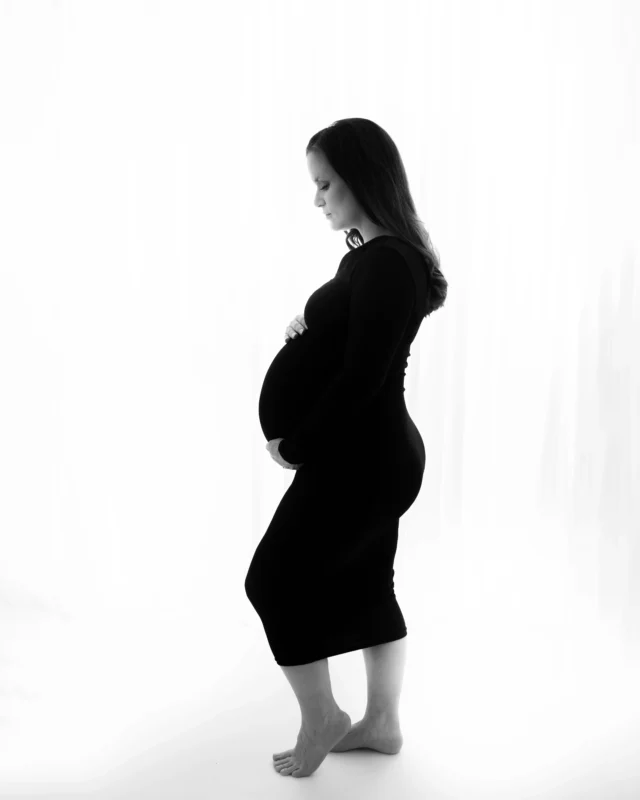
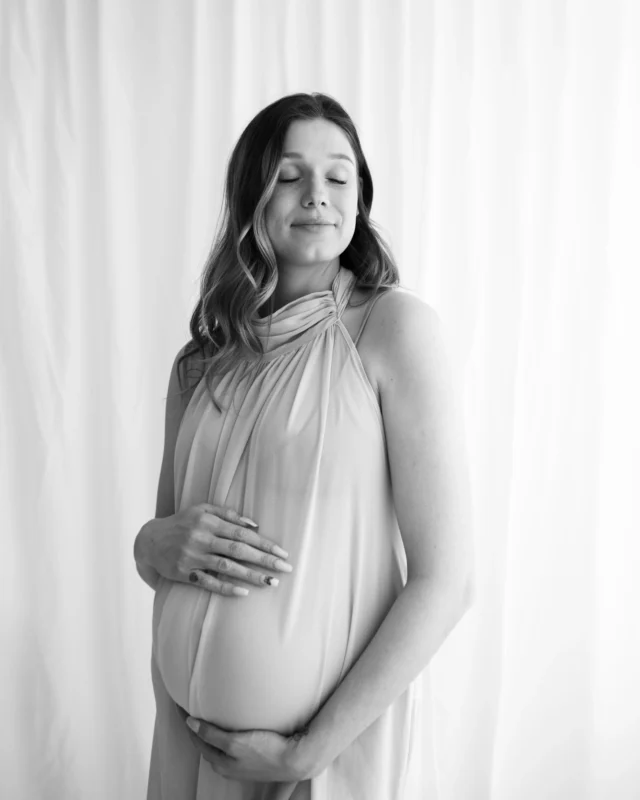
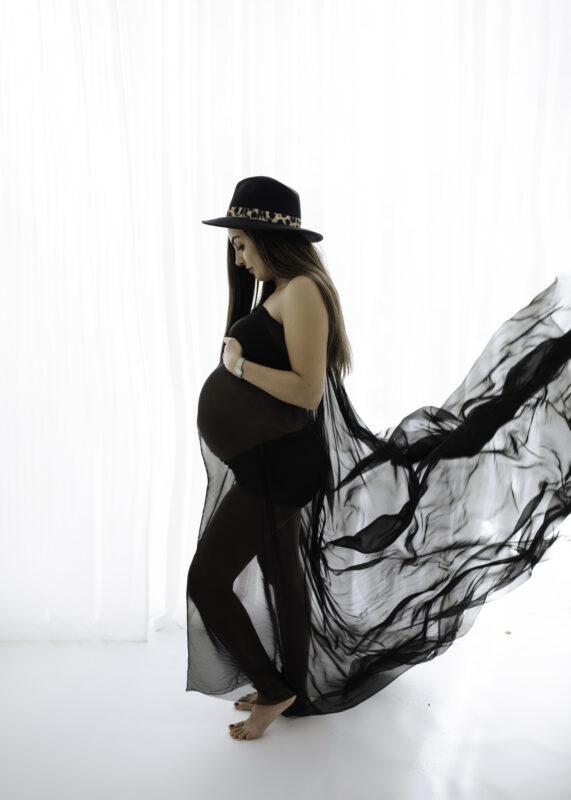
4. What does a typical day look like when you’re working with a family?
My approach is two-fold – first educate so parents know what their options are and what their choices mean, and so that they feel confident in the process and the mother’s body. The reality is so much simpler. We are mammals who give birth to live babies rather than eggs, simple as that. Hormones are released by chemical reactions between the placenta and our brain, and so protecting the mind from fear and distraction generally leads to a smoother function of those hormones., during the birth itself, I am a calming presence, mostly quiet, reassuring, offering position changes, massage, acupressure, aromatherapy, and best of all if the dad wants to be supportive, then I teach him the tools to be the best support he can be, and I have his back.
5. What one thing would you recommend to new parents to help them bond with their baby?
Just as there’s no need to overcomplicate birth, the same with newborns. You need less equipment to be a good parent than society would like to sell you. If you do one thing to maintain that connection and encourage a calm, confident child, I would look into babywearing, since we are carry mammals. We are related to chimpanzees, and the reason our babies sleep best on our chest rather than in a crib is because they are genetically wired to be carried close to our heart. Speak to your local babywearing expert (such as Madeline at Sheen Slings) and book a session to find a sling that fits you best, and one that fits the dad best! There is so much choice out there, and we have different body types. You can borrow a sling via their lending library schemes, and buy one that you are certain you know how to wear and feels good for you. Wearing your baby means you are free to continue to interact with your older child, and babies are much calmer when strapped to the chest. Dads who struggle to know how to comfort a breastfed baby without having a bottle to be involved can find that babywearing means they can comfort and bond with that little one; it is incredibly helpful.
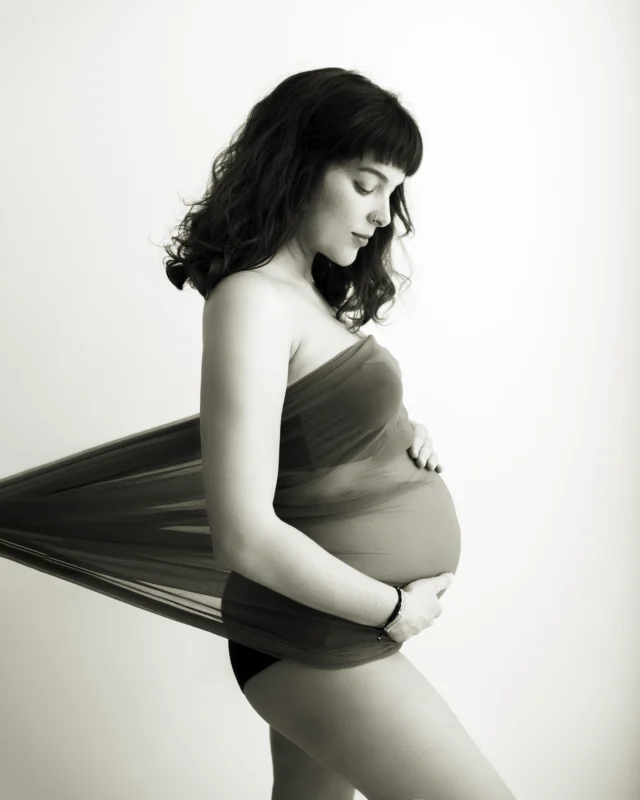
6. How do you assist with sibling adjustment when a new baby arrives?
I have also supported families as a sibling doula when there wasn’t a close family member available to assist during the birth of a second or third child. Then I meet the family beforehand, spend some time with the older child and talk with them about the new baby coming, and then I’m on call for their birth in the same way I am on call for a doula birth. This frees the dad to be able to be the birth partner without worrying about calling in the middle of the night, or the length of time they might need to be away! The child and I often do activities like making a welcome home banner for their mama and the baby, and we talk about their feelings and I am there to reassure.

7. What else do you support with?
I also support breastfeeding, teaching laid-back breastfeeding positions as an excellent way to free up the hands so you can continue to interact with older children at the same time, which helps to avoid jealousy. See Laid Back Breastfeeding at laleche.org.uk
As an interview with a Wimbledon newborn and maternity photographer, I learnt many things today, and if you are interested in knowing more about a doula or sibling doula support, or have any questions at all, do reach out and ask at sarahvinedoula.co.uk or on Instagram at sarahvinedoula.
Shal serves the area of SW London. Including: Kingston upon Thames, New Malden, Surbiton, Wandsworth, Roehampton, Putney, Richmond Upon Thames, Ham, Epsom, Worcester Park, Cheam, Sutton and Hampton.
Click here to learn more about Wimbledon Newborn and Maternity Photography!
